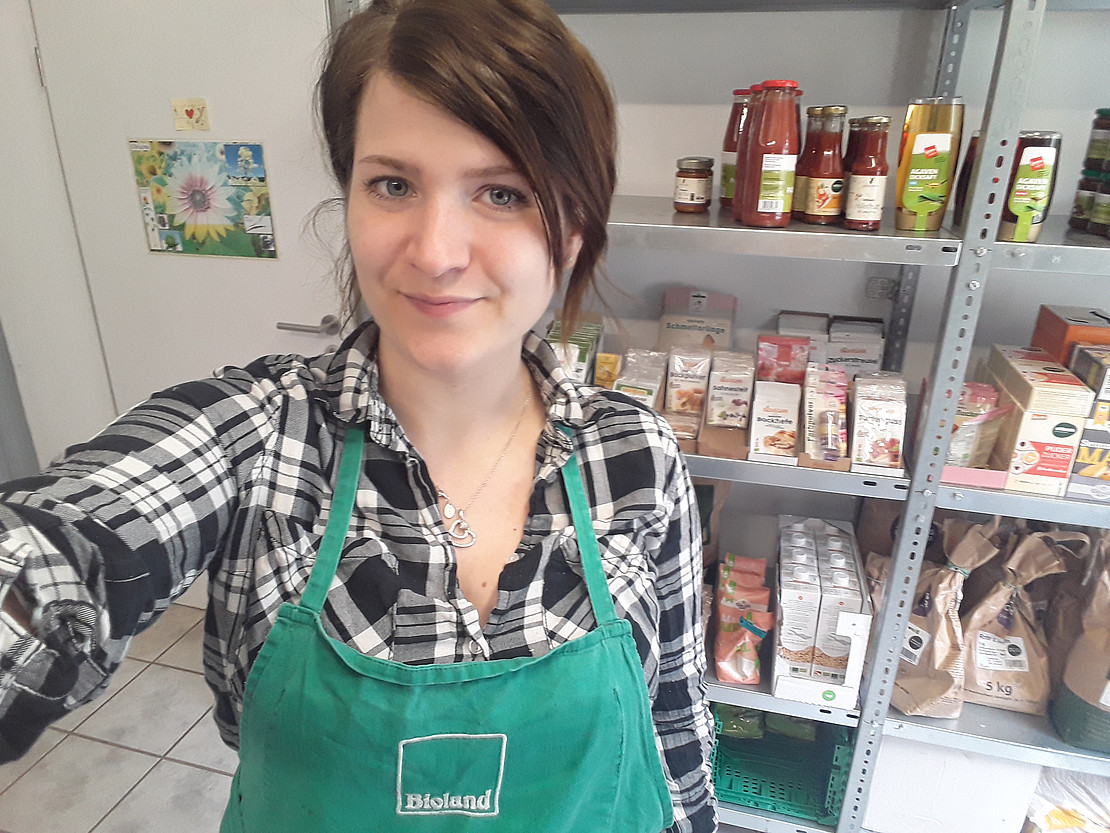Training as a home economist
The content on this page was translated automatically.

What does a housekeeper do?
At the time of the start of the training, at least the secondary school leaving certificate should be available.
The working time is 40 hours per week. There are fixed working hours from 8 a.m. to 4:45 p.m. in each case. This may vary slightly during peak periods, and weekend work is also possible. Compensation days are offered in a timely manner.
The training to become a housekeeper has a dual structure and lasts three years. As a trainee, you will work in the housekeeping department, the canteen kitchen or the seminar house, where you will gain practical experience right from the start.
The theory is taught on certain days of the week at the vocational school, the Elisabeth Knipping School in Kassel.
The specialized instruction at the vocational school is divided into several learning fields, including, for example, the learning fields "caring for groups of people" or "caring for groups of people". Business administration and hygiene standards are also covered, as are interior design and textile care - the versatility of this training occupation is hard to beat.
In addition, the subjects mathematics, German and politics/social sciences are taught. Practical lessons take place every two weeks. There, meals are prepared together in the training kitchen.
A monthly training allowance is paid in accordance with Section 8 (1) of the Collective Agreement for Trainees of the State of Hesse (TVA-H BBiG).
This currently amounts to
- 1,126.85 EUR in the 1st year of training
- 1,181.43 EUR in the 2nd year of training
- 1,231.51 EUR in the 3rd year of training
A prerequisite for training as a housekeeper is a friendly nature and an interest in people. You should work carefully in every respect and at least know how to operate a vacuum cleaner and an oven. You need dexterous hands if a pair of trousers needs to be sewn, and you should also appear well-groomed so as not to be an additional risk for allergies and illnesses yourself. Your German should be so good that you can write plans and talk to people without any problems. Good math skills will help you with budgeting and cost calculations. You must be concerned about taking care of people as well as possible.
What do you deal with during your training?
- Preparing and serving meals for employees and guests
- Laundry care
- Helping out in the farm shop
- Harvest helper

Why did you decide on an apprenticeship and specifically on this one?
- so that I have even better opportunities to find a job later on
- for a better future
- because I liked the company right away
What would you like to pass on to the others?
Take your time to make the right decisions for you.
It's never too late, even when you're in your first apprenticeship at the age of 30.
Ask yourself beforehand if ...
- ironing, washing up and cooking are not a nuisance for you.
- you have no fear of contact.
- you like to make other people happy.
Or if ...
- even the preparation of packet soups is too much for you.
- you are very impatient.
- you prefer to be served than to serve others.
Go link of this page: https://www.uni-kassel.de/go/ausbildung-hauswirtschafter